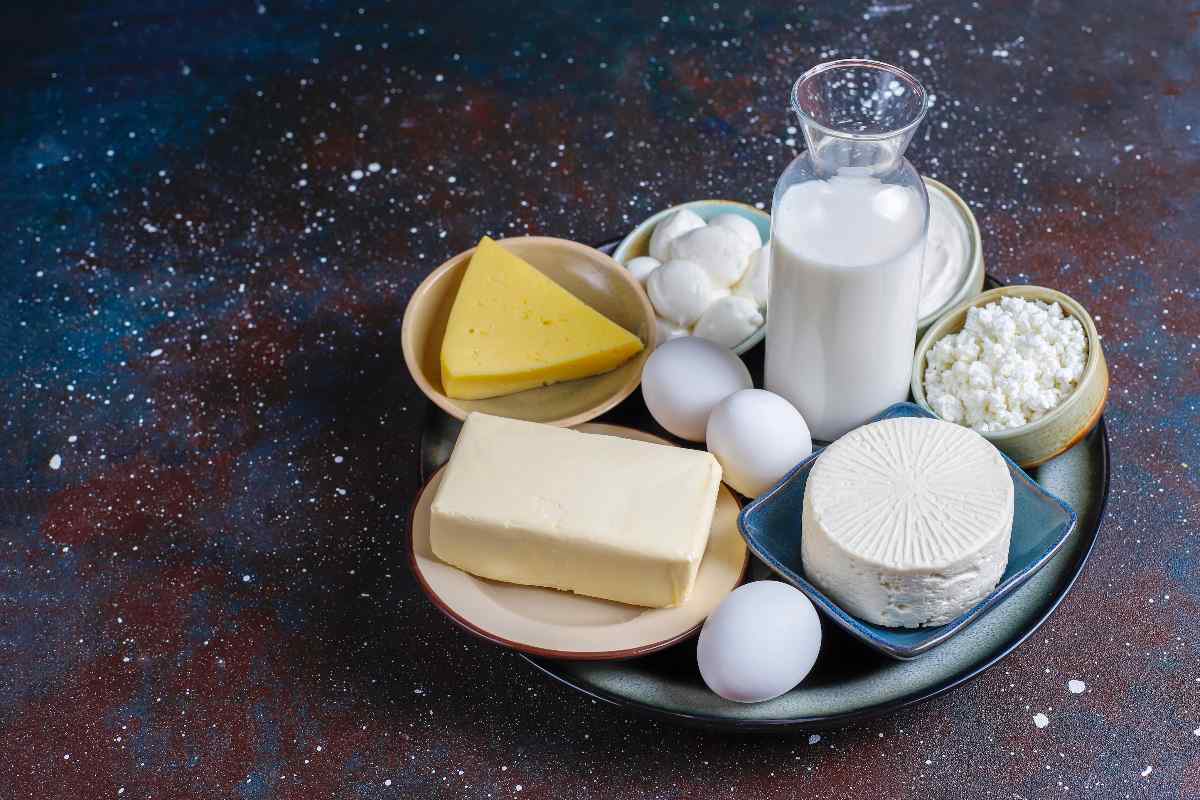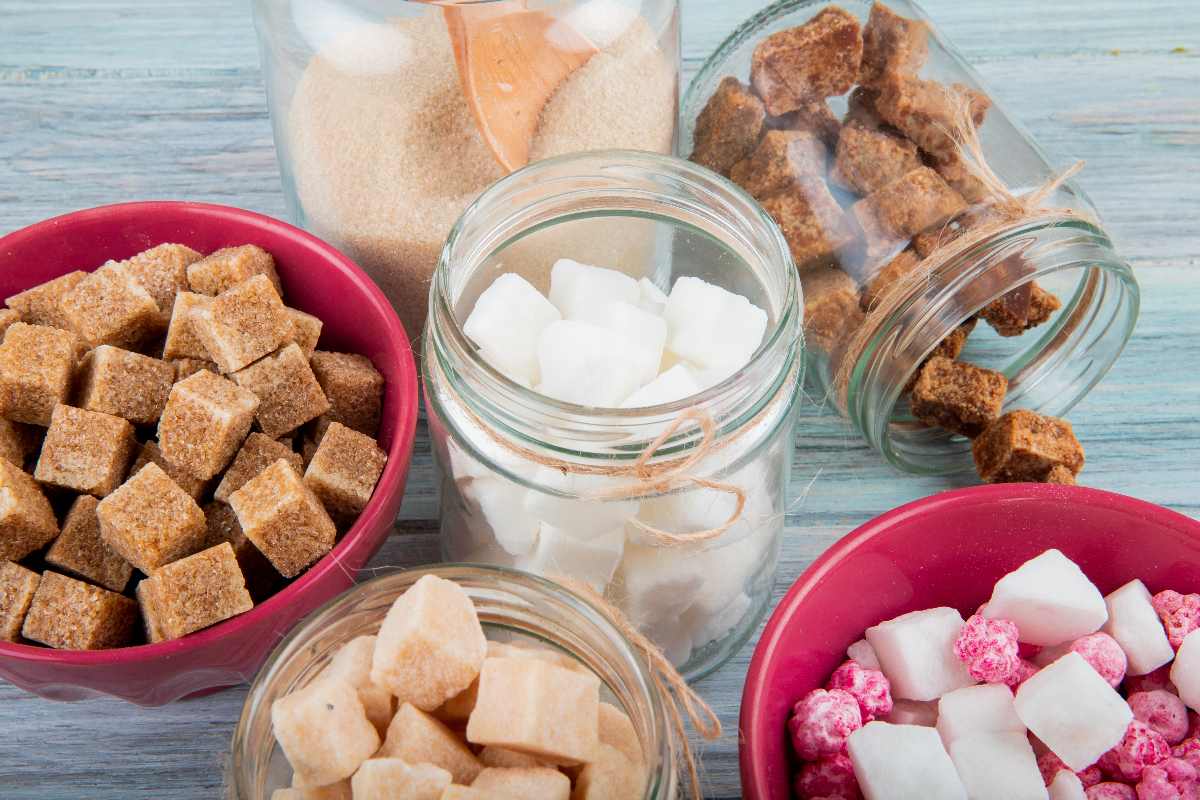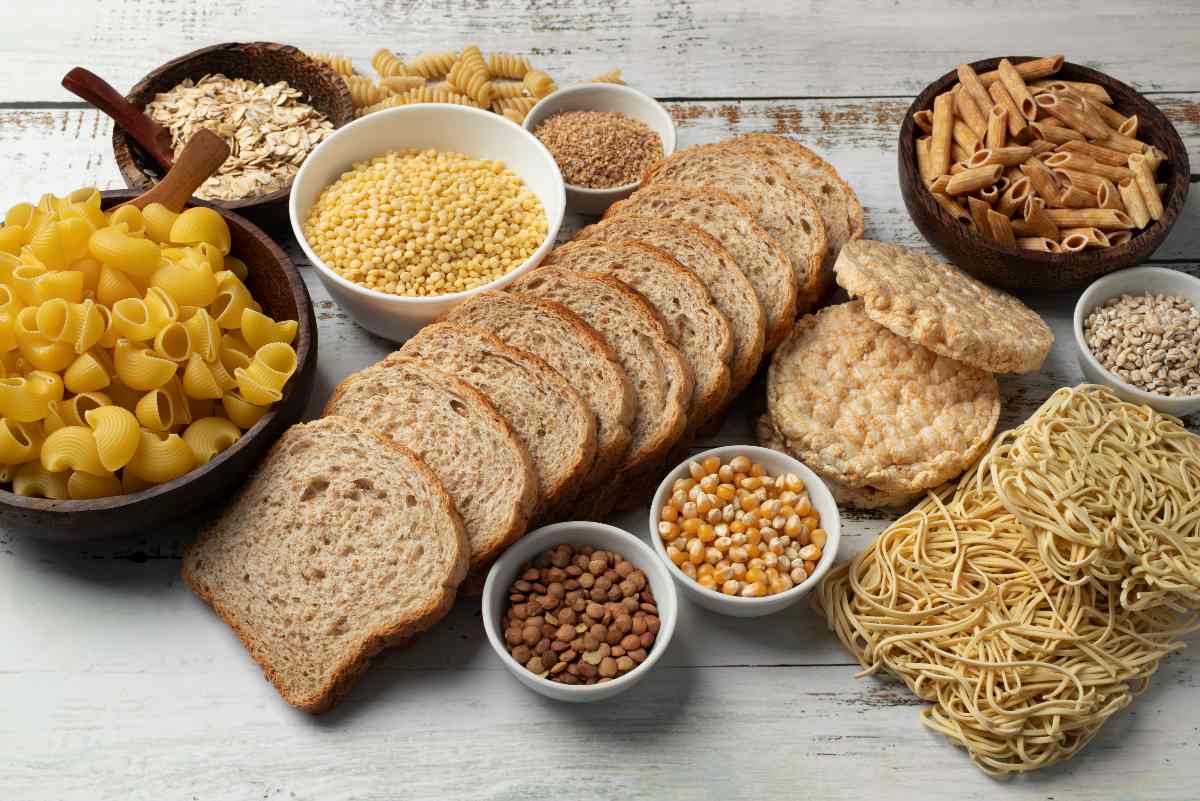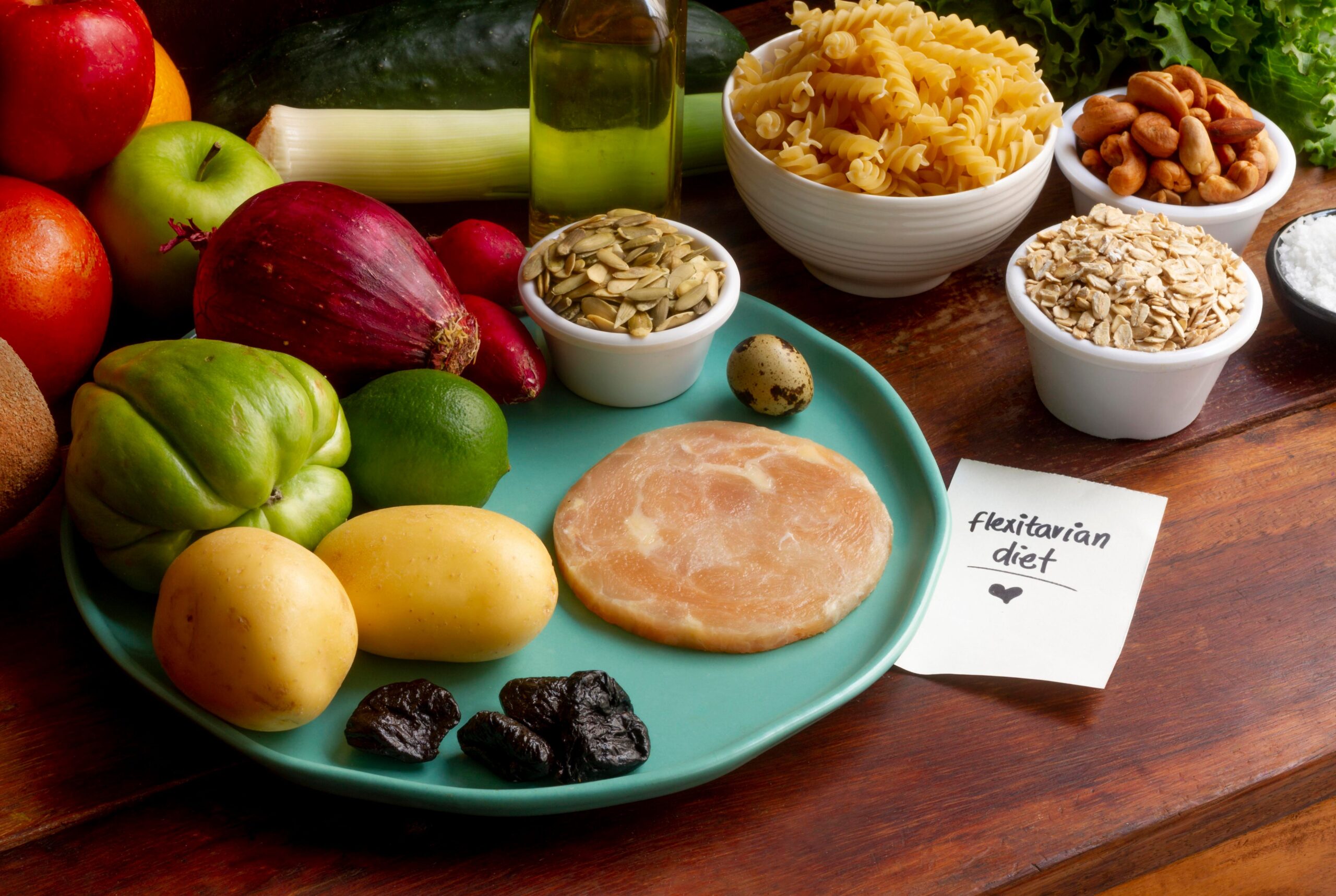Men’s prostate health is a significant concern, especially with advancing age. The prostate gland, a walnut-sized structure located just below the bladder, plays pivotal role in the male reproductive system by secreting seminal fluid that nourishes and transports sperm. Age-related issues such as benign prostatic hyperplasia (BPH), prostatitis, and prostate cancer are becoming increasingly common. Dietary awareness is one of the most impactful ways to mitigate these conditions. This article delves into Ten Worst Foods for Prostate Health, informed by medical research and high-impression keywords like men’s prostate health to ensure the highest reader value.
1. Red and Processed Meats
The regular consumption of red meat (beef, lamb, pork) and processed variants (sausages, bacon, deli meats) has been linked to heightened prostate cancer risks. These meats are rich in saturated fats, heme iron, nitrates, and nitrites—compounds known to catalyze oxidative stress and inflammation.
Why It’s Harmful:
- Promotes chronic inflammation
- Contains carcinogenic compounds after high-heat cooking
- Disrupts hormonal balance
Healthier Substitutes:
- Skinless poultry
- Omega-3-rich fish like salmon and sardines
- Legumes, lentils, and soy-based proteins

2. Dairy Products and Cheese
A high intake of milk, cheese, and yoghurt is correlated with elevated risks of prostate cancer, potentially due to excess calcium lowering protective vitamin D levels and increasing insulin-like growth factor-1 (IGF-1).
Why It’s Harmful:
- Disrupts hormonal equilibrium
- Linked to calcium-induced suppression of cancer-protective compounds
- Elevates IGF-1 levels, fostering abnormal cell growth
Healthier Substitutes:
- Fortified plant-based milk (almond, oat, soy)
- Cashew or tofu-based cheeses

3. Saturated and Trans Fats
Found in margarine, pastries, fried foods, and specific processed snacks, these fats are inflammatory agents that increase the likelihood of developing prostate malignancies.
Why It’s Harmful:
- Raises LDL cholesterol
- Promotes systemic inflammation
- Correlates with higher incidence of prostate cancer
Healthier Substitutes:
- Avocados
- Olive oil and flaxseed oil
- Nuts and chia seeds

4. Sugary Beverages and Artificial Sweeteners
Soft drinks, energy drinks, and sugar substitutes like aspartame not only spike insulin but are also associated with metabolic disorders that can negatively impact the prostate.
Why It’s Harmful:
- Fuels insulin resistance
- Promotes abdominal fat accumulation
- Artificial sweeteners may disrupt gut flora and hormonal pathways
Healthier Substitutes:
- Herbal teas
- Water infused with citrus or cucumber
- Naturally sweetened drinks using raw honey or agave

5. Alcohol
Excessive alcohol intake is significant contributor to hormonal imbalance, liver dysfunction, and inflammation, all of which are deleterious to men’s prostate health.
Why It’s Harmful:
- Elevates estrogen levels
- Increases oxidative stress
- Depletes essential antioxidants
Healthier Substitutes:
- Kombucha
- Non-alcoholic cocktails with fresh herbs and fruits
- Sparkling water with natural fruit infusions

6. High-Sodium Foods
Frozen dinners, instant noodles, and snack chips are often packed with sodium, which elevates blood pressure and damages blood vessels, indirectly impacting the prostate.
Why It’s Harmful:
- Increases hypertension
- Impairs renal function
- May exacerbate BPH symptoms
Healthier Substitutes:
- Fresh, home-prepared meals
- Low-sodium labels and salt-free spice blends
- Vinegar and lemon juice for flavor enhancement

7. Refined Carbohydrates
White bread, pasta, and pastries offer little nutritional value and are quickly converted into glucose, triggering insulin surges that may promote cancer growth.
Why It’s Harmful:
- Lacks fibre and essential micronutrients
- Contributes to insulin resistance
- Stimulates inflammation
Healthier Substitutes:
- Quinoa, barley, and bulgur
- Whole-grain bread and brown rice
- Steel-cut oats

8. Canned and Processed Foods
Canned soups, vegetables, and ready-to-eat meals often contain Bisphenol A (BPA), chemical that interferes with hormonal regulation.
Why It’s Harmful:
- Acts as an endocrine disruptor
- Mimics estrogen
- Linked to prostate cell abnormalities
Healthier Substitutes:
- BPA-free labelled cans
- Fresh or flash-frozen vegetables
- Homemade versions of soups and stews

9. Fast Food and Fried Foods
These meals often contain a volatile cocktail of trans fats, sugar, and sodium, all of which are toxic to men’s prostate health. Regular consumption exacerbates inflammation and elevates cancer risk.
Why It’s Harmful:
- Encourages weight gain and metabolic syndrome
- Damages vascular integrity
- Promotes pro-inflammatory pathways
Healthier Substitutes:
- Grilled rather than fried proteins
- DIY burgers using lean meats and whole-grain buns
- Salads with olive oil dressing

10. Microwave Popcorn
The lining of many microwave popcorn bags contains PFOA (perfluorooctanoic acid), a compound associated with several cancers, including prostate. Additionally, artificial butter flavouring and high salt content make it a prostate-unfriendly snack.
Why It’s Harmful:
- Potential carcinogenic chemical exposure
- Promotes fluid retention and bloating
- Alters hormonal balance
Healthier Substitutes:
- Air-popped popcorn with turmeric and black pepper
- Stovetop popcorn with extra virgin olive oil
- Unsalted nuts for snacking

Foods That Support Men’s Prostate Health
| Food Category | Examples | Benefit |
|---|---|---|
| Cruciferous Vegetables | Broccoli, kale, Brussels sprouts | Detoxification and hormone balance |
| Tomatoes (cooked) | Tomato paste, sauce, roasted tomatoes | Rich in lycopene, reduces risk of prostate cancer |
| Green Tea | Matcha, sencha, loose leaf green tea | Antioxidant-rich, reduces inflammation |
| Oily Fish | Sardines, salmon, mackerel | Omega-3 fatty acids reduce tumor progression |
| Whole Grains | Brown rice, oats, whole wheat | Stabilizes insulin and supports digestion |
Conclusion
Ten Worst Foods for Prostate Health requires a mindful and disciplined diet. By eliminating or reducing the intake of the worst offenders—ranging from red meats and sugary beverages to processed and fried foods—men can safeguard their reproductive health and overall well-being. Complementing these dietary changes with physical activity and regular check-ups forms a holistic strategy for sustaining prostate vitality into later life.
Frequently Asked Questions (FAQs)
1. What are the worst foods for men’s prostate health?
The worst foods for men’s prostate health include red and processed meats, high-fat dairy, sugary foods and drinks, alcohol, refined carbohydrates, trans fats, salty processed foods, and items containing chemical additives like BPA and PFOA. These foods are associated with increased inflammation, hormonal disruption, and heightened risk of prostate-related disorders.
2. Why is red meat considered harmful for the prostate?
Red meat is rich in saturated fats & heme iron, which contribute to oxidative stress and systemic inflammation. Additionally, frequent consumption has been linked to elevated risks of prostate cancer due to carcinogenic compounds formed during high-temperature cooking.
3. Can dairy products negatively affect prostate health?
Yes. High intake of dairy, especially whole milk and cheese, may increase insulin-like growth factor (IGF-1) and suppress active vitamin D levels, both of which are associated with higher risk of prostate cancer progression. Men concerned about prostate health should consider plant-based dairy alternatives.









